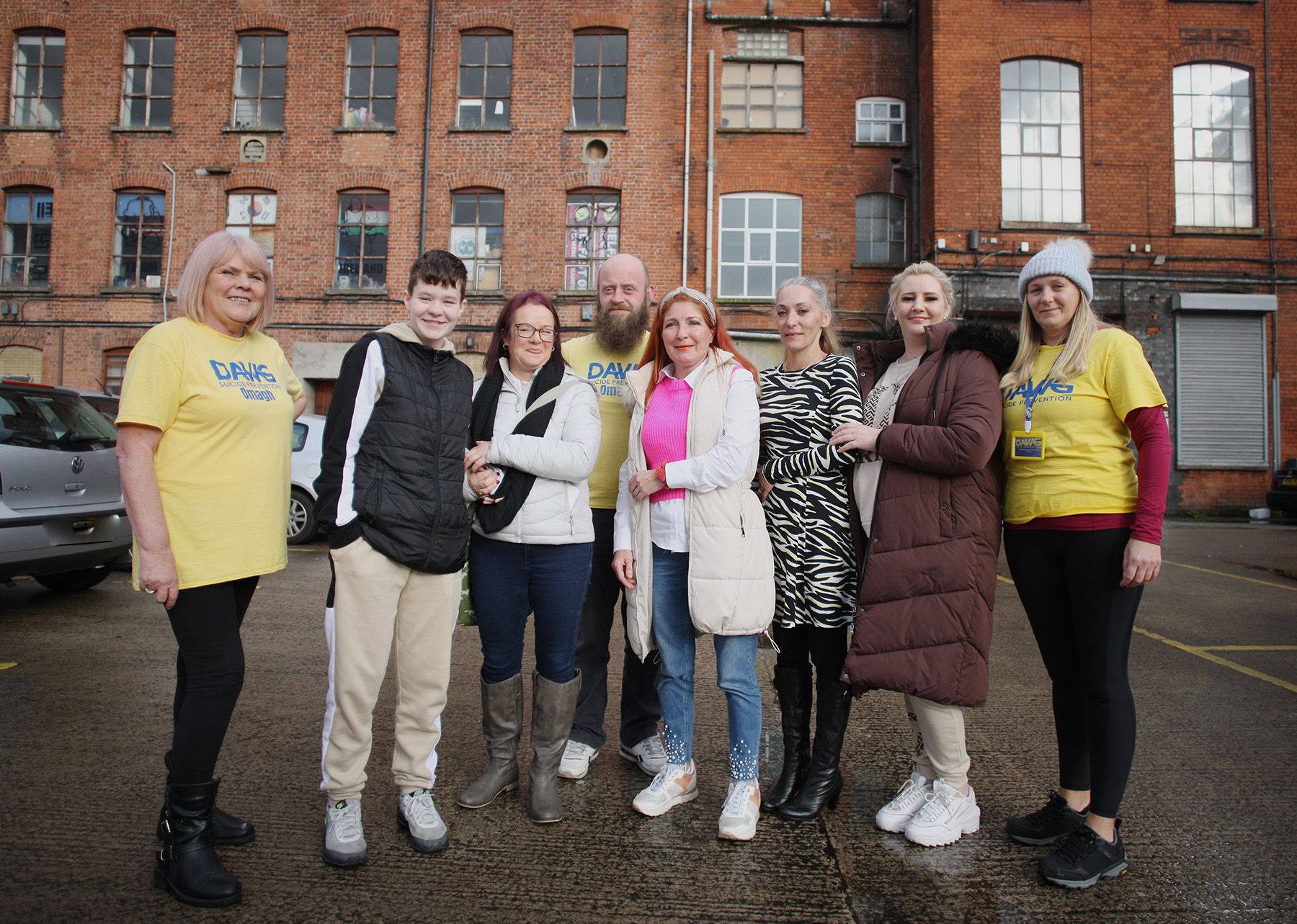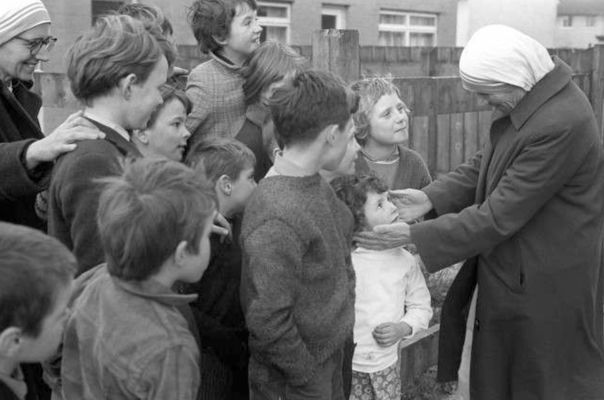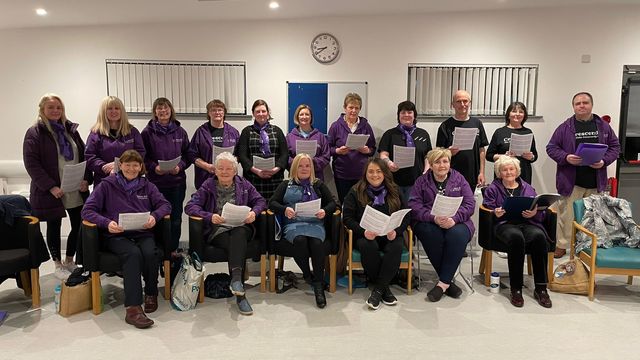A TEAM of volunteers based in Blackstaff Mill are helping people to overcome their addictions issues.
DAWG addiction and suicide prevention was set up by Nichola O’Connor who lost her son through suicide four years ago.
The service’s model aims to provide a structured, day-to-day programme of rehabilitation whilst their service users remain living within the community, all without any formal funding stream and all funded through weekly bucket collections.
In order to be admitted on to their two-year programme, service users have to be sober for four days and are initially assessed and assigned a core support worker whilst agreeing to and signing a contract.
DAWG then work in partnership with their GP, social worker, and the probation service to ensure that there is a connected service.
THERAPIES: DAWG's programmes consist of a number of therapies including massage, reflexology and meditation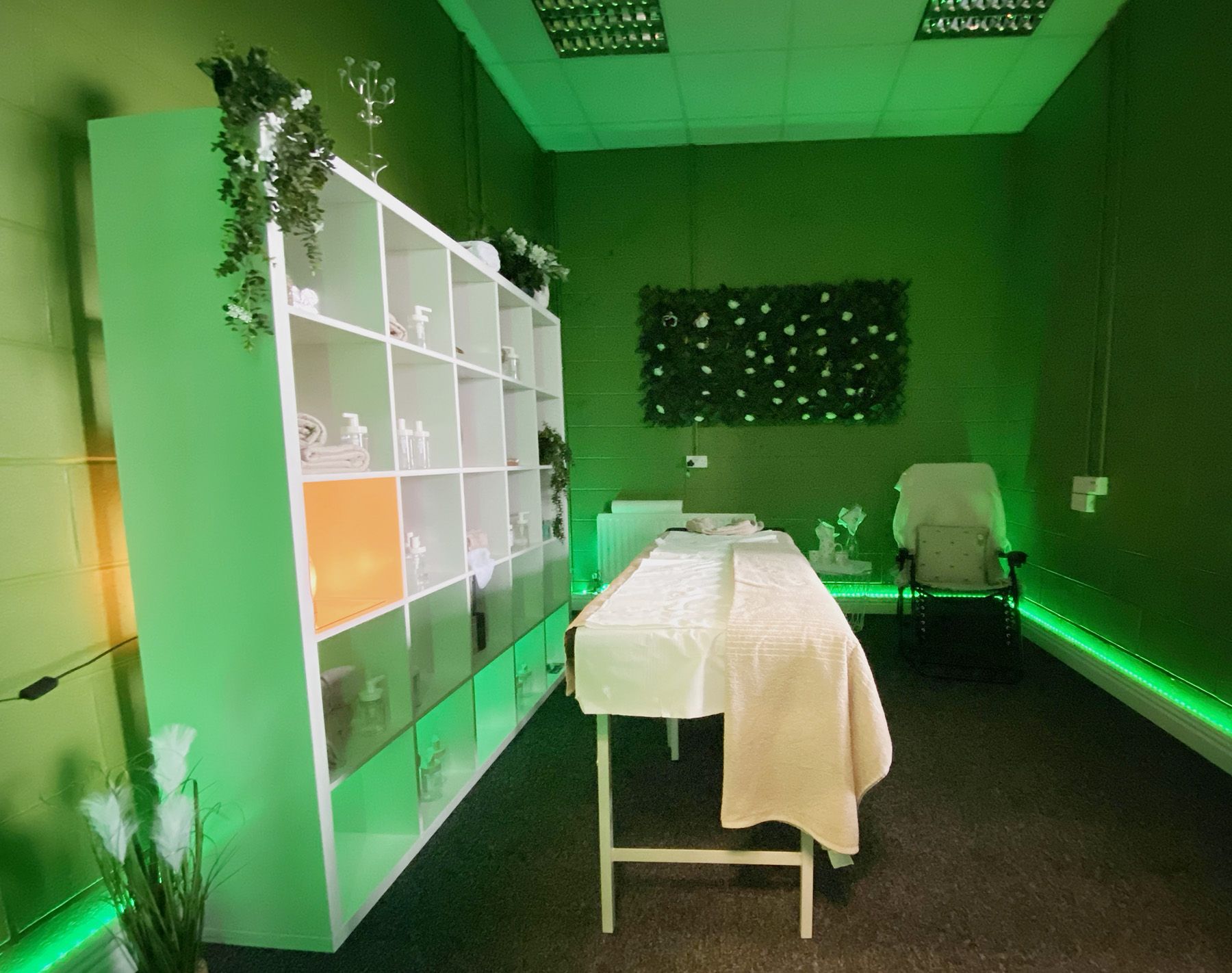
Their programme consists of three full days of rehab per week, running from 10am to 9pm where service users attend a compulsory 12-week mental health and recovery programme, a two-day addiction training programme, a weekly one-to-one session with their key support worker, daily check-ins on social media and regular workshops three days a week.
In addition to this, the service user is also provided with a DAWG emergency hotline to contact the team for immediate support and advice.
While in the centre, their programme consists of a number of therapies including massage treatments, reflexology and meditiation.
Service user, Áine Tabb has been attending the service since September and has quickly turned her life around.
Áine first attended the service after her mother, Colette Walker saw a post about the service on social media.
“The DAWG page kept coming up on my Facebook then I saw them out collecting on Kennedy Way. When I looked into it, I saw a wee bit about what they did,” Colette told us.
“We have been to hell and back with Áine. I have had the custody of her two children for the last six years, she lost her home, she lost her driving license, everything just went and me and her daddy where doing everything for her.
“I sent DAWG a private message to ask if they thought they could help her and Nichola came back and asked if I would like them to assess her.
“I told them that I would like to come in and see what they do first because I hadn’t mentioned it to Áine and I was immediately blown away.”
SERVICE USERS: A number of those who attend the service spoke to our reporter about how it has helped them turn their lives around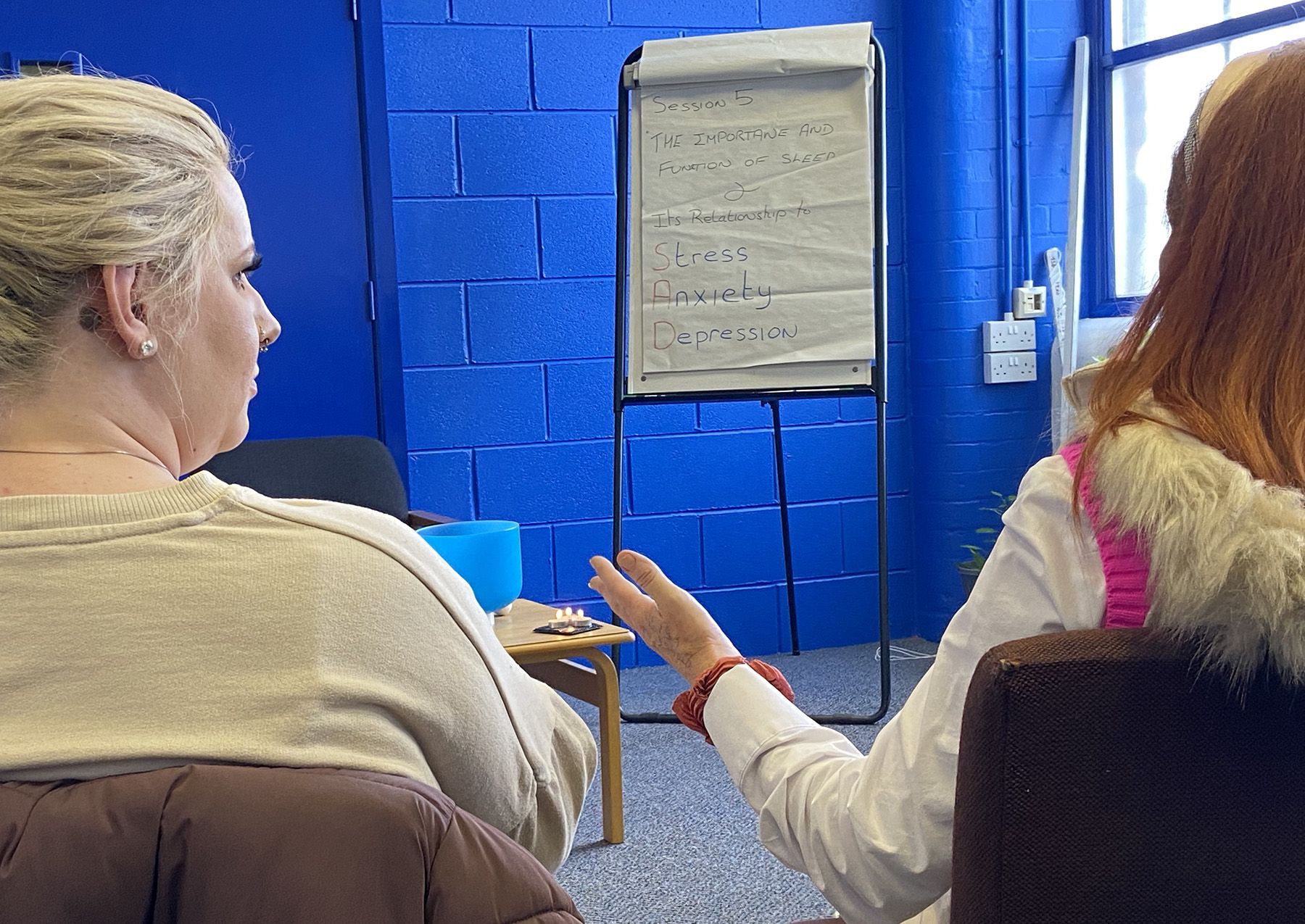
Colette spoke to Áine about the service and after a few weeks, she agreed to attend for an assessment.
Colette added: “Our family were so divided, but it is amazing how things have changed in such a short space of time. Looking back on our situation, DAWG works because they take an approach with the whole family.
“Áine has been in the system for 20 years and within six weeks with DAWG, her life has been turned around.”
Speaking to the Andersonstown News, Áine said: “I struggled with alcohol and drug use and it was really hard, but from I have been coming here, it has changed my life.
“When I first came in and saw Thomas, he said that he knew I was going to go home and use because I was only here to please my mummy and I was quite negative about the process.
“I had a setback at the start but now I know that there is so much support here, it has changed my life completely. My relationship with my kids and my family has completely changed and I haven’t touched drink or drugs in about seven weeks now. It doesn’t bother me anymore.”
Áine told us that she believes having her whole family involved in the programme has helped her recovery.
“I had my daughter down last week making candles and I really enjoy having my kids around me more.
“Since starting on the programme I have also enrolled on a nail course, and I hope to be able to start a business out of that when I am qualified.
“After my assessment we had a family intervention and I came in with my mummy, my daddy and my son. My son told the staff that it was useless and that it wouldn’t work.
“I had to sit and listen to my mum, my dad and my son tell me how what I was doing was affecting them and I also had to read a letter from my brother and sister about how it was impacting them.
“That was when it clicked that I was just hurting my family and that was when I knew that I had to stop.”
DAWG founder Nichola O’Connor praised Áine for feeling comfortable enough to open up about her situation.
“There are some of our service users who still feel shame and embarrassment about being on our programmes," she said.
“The majority of them are petrified of Social Services finding out. We do work closely with the PSNI, Social Services, the courts and probation services.
“We have actually been approached by two community police officers who have said that once we receive funding, they want to leave the police service and come to work with us full-time.
“We have a number of social workers who want to work with us, and we have a solicitor who is working with us.
“The mental health team in the Royal are now referring emergency patients to us because if they go through the health service it could take up to nine months for an assessment. When they are referred to us, we have seen them within 72 hours.
“From next February we plan on expanding across the North and working with prisoners who are ready to be released so that they can be prepared for coming back into the community.”
To find out more information about the services the DAWG offer, visit their Facebook page

